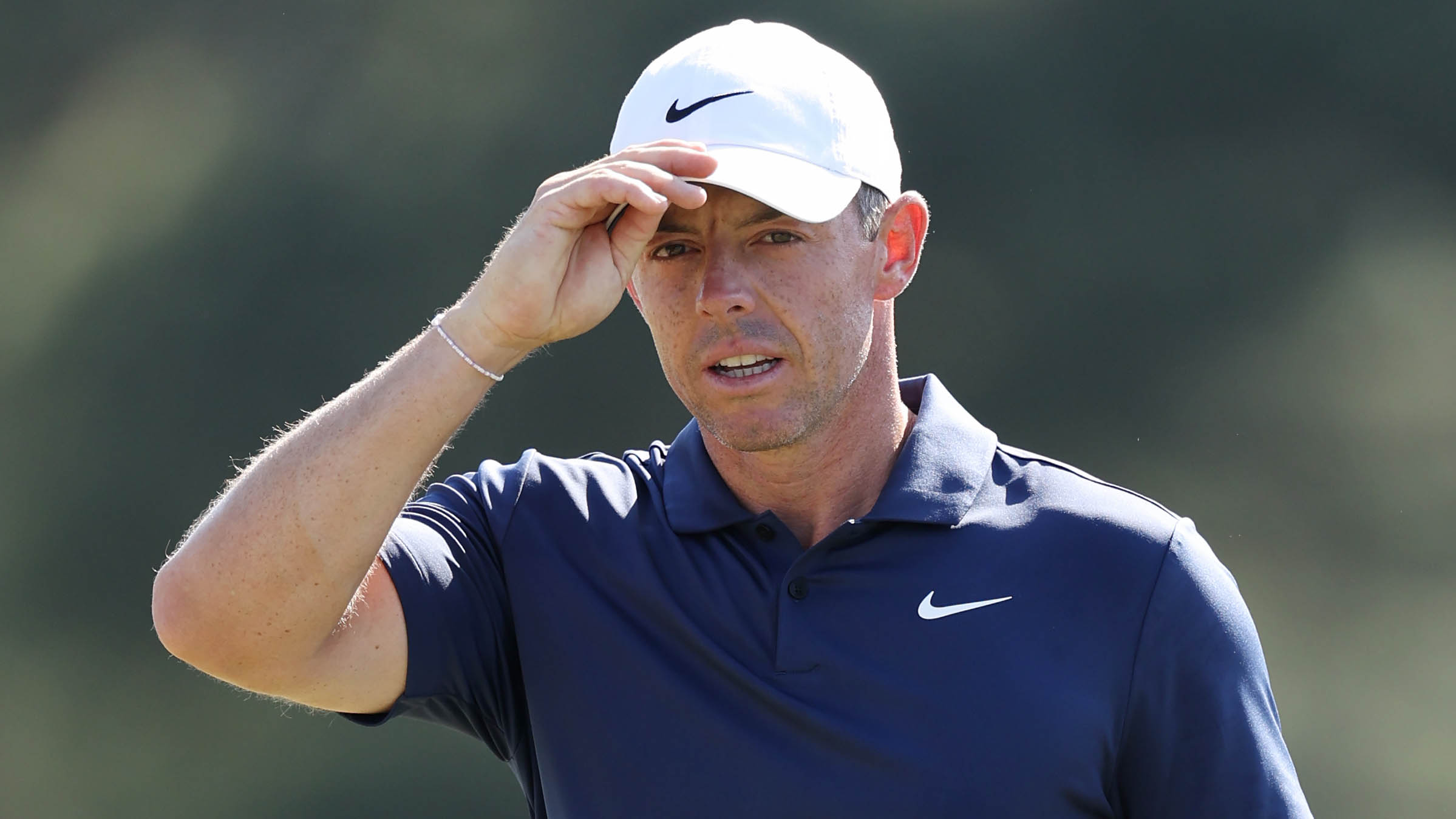Brian Cashman certainly can't complain about his treatment in the media.
Both the Post and the News are hailing his trade for the comically overpaid Vernon Wells as a move of great fiscal sanity because the Yankees will be paying most of the $13 million they owe him this season without taking a hit on their attempt to have a $189 million payroll next season.
It matters not to these observers that the admittedly fine accounting work has resulted in the equivalent of grabbing a random player from Double-A or that the Yankees' quest to curb spending hasn't come with any equivalent commitment to improving the farm system.
We're a bit less enamored of a deal for a guy whose most notable skill is hitting lefties, something he barely did last season for the Angels and a skill that can be found in a lot of players who don't come with the need for creativity from the bookkeepers. We're particularly unimpressed that anyone thinks paying Wells $10-12 million this season counts as a positive.
All offseason, we've heard from the Yankees that there's been no money available for keeping valuable players from last season or bringing in players of significance from other teams. Yet there's suddenly all this money to spend on Wells?
The Yankees will say that insurance is picking up Mark Teixeira's money (about $6 million if he returns in mid-May), freeing them to spend some of it on other players but their overall spending this offseason doesn't make it much easier to understand where this Wells money came from.
Wells still costs $7 million under that scenario, which is enough money to have landed the Yankees a better player earlier in the offseason or, at the very least, allowed them to push harder for a player who wound up going elsewhere.
They also just found money to sign Ben Francisco, Chien-Ming Wang (who will get a prorated portion of $3 million if he makes the team) and Brennan Boesch ($1.5 million if he's in the bigs), moves that provide even more indication that money's always been there for a rainy day. That expression has never made much sense because it argues that it's perfectly sensible to wait until it gets wet before you care about waterproofing.
The whole idea is to be proactive, not reactive, and the Yankees failed on that front this offseason. How much better would things look right now if Russell Martin was behind the plate or if Raul Ibanez or Eric Chavez was moving into a more prominent role?
Sports
All are possible if the Yankees would have spent money they're spending now earlier in the offseason instead of patting themselves on the back for holding the payroll line. All of those players listed above are better than Wells, they would have been cheaper than Wells and the Yankees wouldn't be carrying the stink of desperation on them that they carry right now.
That seems more like a win than overpaying a bad player for one year instead of two, but opinions obviously vary on that front.
Josh Alper is also a writer for Pro Football Talk. You can follow him on Twitter.



